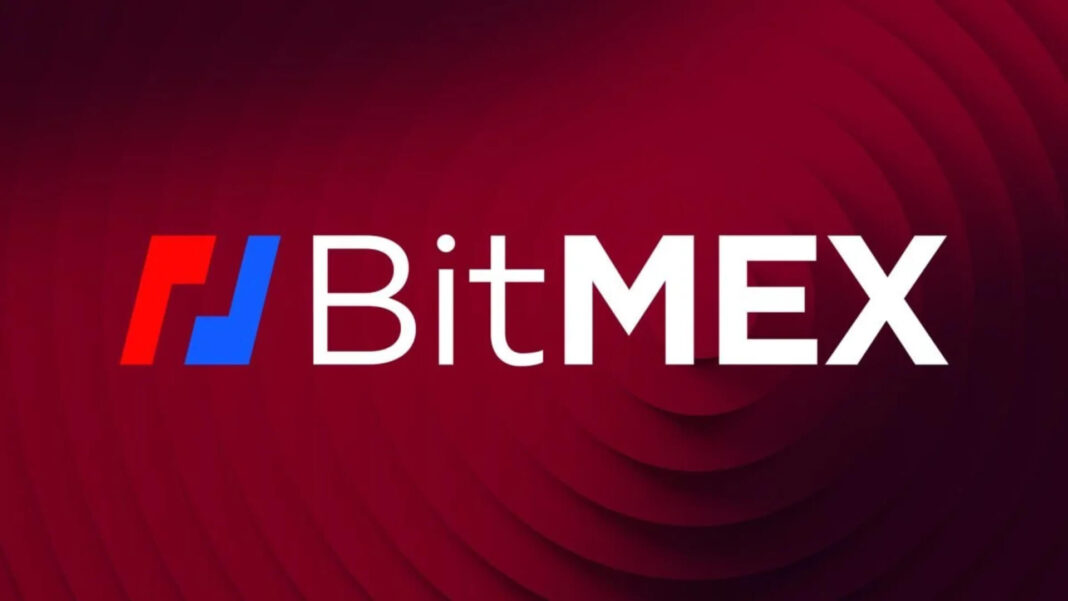KeyTakeaways:
- BitMEX to pay $100 million for violating anti-money laundering regulations over five years.
- The fine is part of the legal consequences of BitMEX’s illegal operations and failure to meet U.S. laws.
- HDR Global Trading, BitMEX’s parent company, will undergo a two-year probationary period as part of the settlement.
BitMEX has been ordered by U.S. District Judge John G. Koeltl to pay a $100 million fine for violating the Bank Secrecy Act (BSA) over five years. The fine comes after the exchange admitted to repeatedly flouting anti-money laundering (AML) regulations.
While the initial fine demanded by the U.S. government was $200 million, Judge Koeltl deemed the $100 million penalty sufficient given the circumstances.
In a statement following the ruling, BitMEX explained that this penalty is part of the legal fallout stemming from the actions of the platform’s founders, who were previously fined for similar violations in 2022. The exchange, which generates significant revenue, was found to have failed to comply with essential AML requirements, contributing to its unlawful operations.
Additionally, the U.S. Department of Justice (DoJ) had initially sought a $110 million fine, citing BitMEX’s failure to uphold financial regulations despite its lucrative operations. However, the judge ultimately decided the $100 million fine was a fair settlement.
BitMEX’s parent company, HDR Global Trading Inc., will also face a two-year probationary period. This decision follows BitMEX’s plea of guilt in July 2024, acknowledging its role in violating the Bank Secrecy Act.
The U.S. Attorney’s Office for the Southern District of New York flagged the platform’s willful disregard for regulations requiring exchanges to prevent money laundering. As early as 2020, founders Arthur Hayes, Samuel Reed, and Benjamin Delo admitted to running BitMEX without implementing necessary Know-Your-Customer (KYC) checks.
Furthermore, BitMEX unlawfully allowed U.S. users to trade on its platform despite the lack of approval from the U.S. Commodity Futures Trading Commission (CFTC) to operate in the region. These U.S.-based users comprised around 11.5% of the exchange’s user base.
The U.S. government continues to enforce strict regulations in the cryptocurrency sector, ensuring that platforms comply with financial laws to safeguard investors. This fine adds to recent regulatory actions against major crypto platforms, such as Robinhood’s $45 million settlement with the SEC over securities violations.

